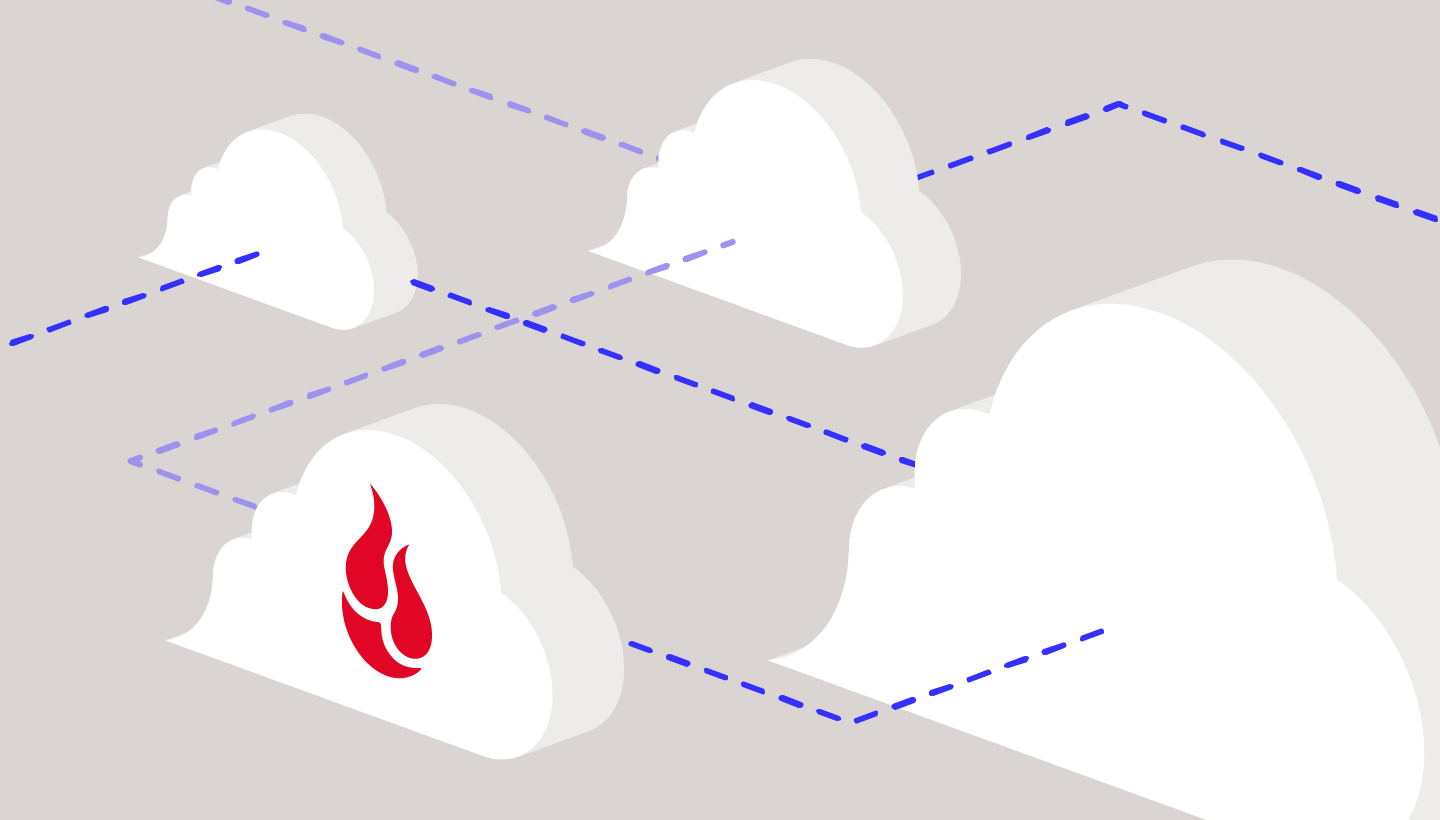
Over the past 15 years, Backblaze has established a track record of transparency by sharing everything we can about our work, from publishing our Drive Stats to exploring how we grew our business. After becoming a publicly traded company this past November, we now have a whole new set of opportunities to maintain our commitment to transparency.
Today, I wanted to share in-depth information about a few things we just did and plan to do: In short, the Backblaze founders converted some of our company shares to make them available for sale via 10b5-1 automatic trading plans that were adopted back in February. These plans arrange for automatic sales to occur each trading day over the next 12 months. Importantly, the founders have aligned to each sell the same number of shares and, following the sales from these 10b5-1 plans, would each still hold over 80% of their current shares and jointly continue to hold the majority of the voting control. (If you’re not familiar with some of those terms or concepts, don’t worry, they’re new to many of us, too. We’ll explain in greater detail below.)
Why share this information today? Partially because we’re required to in other channels: When management converts shares from Class B to Class A, a Form 4 must be filed with the Securities and Exchange Commission (SEC). These filings are then typically picked up by financial reporting bots and further shared across financial media to inform shareholders.
But what we are sharing here goes beyond the SEC requirements. We’re doing so because of our commitment to transparency and to provide an easier to grasp (hopefully) explanation of the news.
The Details:
- The five original founders have aligned to convert an equal, limited portion of their Class B shares of Backblaze stock to Class A shares. Class B shares at Backblaze provide greater voting power and are held by every person who held stock or stock options pre-IPO. However class B shares cannot be sold on the market, which is why they need to be converted to Class A in order to execute stock sales.
- We are converting these shares for future sale under our 10b5-1 plans. 10b5-1 plans are a standard approach for any employee at a publicly traded company who is considered an “insider” to sell shares while avoiding many of the risks related to insider trading. It’s a set-it-and-forget-it plan you put into action and then pretty much leave alone. The plans schedule share sales at set intervals and times regardless of market fluctuations or business news. We implemented these plans in late February 2022, during the Company’s open trading window, and the sales will likely begin May 10, 2022, when the IPO lockup period expires.
- Each founder’s 10b5-1 plan is set up to sell 2,000 shares every trading day for approximately 12 months. Here, too, the founders have aligned to each sell the same number of their shares every day—I’ll explain why a little later.
What Does This Mean?
When the sales under the 10b5-1 plans are summed up at the end of the 12 month period, this should be a relatively minor transaction. But we’re aware of the potential perception of founding members selling shares, so we wanted to explain our motivations and their implications more plainly here:
- We intend to sell only a small portion of our holdings over the next year and therefore remain significant holders of Backblaze shares after these sales are complete.
- We continue to have a positive long-term outlook for the company. Simply put: As founders, we invested a lot in Backblaze almost 15 years ago (when we founded the business in 2007 we contributed both money and time, working without salaries and then for very low pay in the early years) and we’d like to square up some of that investment. This is an opportunity for us to recoup some of our original inputs while also diversifying our finances in a way that feels balanced to us. More on that last thought in the next bullet:
- Because we’re invested in the long term success of the business and the mutual success of our investors, we’ve structured our 10b5-1 selling plans to minimize price impact through low volume, daily sales. We’ve aligned our sales as a founding team to achieve this approach, even though it could make for less financial upside for us.
- Some readers might wonder why we are selling equal amounts. While there might be a few of you who read our S-1 in full, we understand that ~200 pages is a little long and you may have missed our explanation of the founders’ salary tontine. It’s so well-written though, I’ll just quote it here:
“Early on, we grew our team by hiring co-workers from previous companies who we trusted with what we consider to be our lives and livelihood—our customers’ data… Most of us went entirely without salary for more than a year in order to spend all of Backblaze’s resources building products our customers would love. In the spirit of that original bond, we formed a salary tontine where, until the public offering is finalized, a core group of the original founders and some other very early employees agreed to make the same salary. This solidarity helped us build and sustain our culture through the first 14 years of our evolution.”
The spirit that formed that original understanding—which included equivalent stock ownership among the founders—has persisted beyond the IPO and continues to inform the founders’ treatment of compensation and stock sales. That is why we’re selling equal amounts.
- Other readers might wonder if we are trying to “time the market.” No. We created very simple 10b5-1 plans in late February. The plans begin when the IPO lockup expires and stretch into mid-2023. Thus, this has nothing to do with the stock price today or any attempt to try to “time the market.”
From the outside, SEC regulations and financial mechanisms can seem overly complicated and, when read in regulatory filings, somewhat gloomy. But the story here is simple: The other founders and I remain committed to the long-term success of Backblaze. We would also like to realize some of our very long-term investment as we do so. Hopefully the information we’ve shared here helps clarify the picture for you.
If you’d like to dig deeper, you can always access our company filings at https://ir.backblaze.com or in the EDGAR filings database on the SEC website, sec.gov. If you’re an investor and you’d like to ask any questions about the information above or any other topics, you can submit questions about our next earnings beginning one week prior to our call; watch for a forthcoming press release on this topic.




